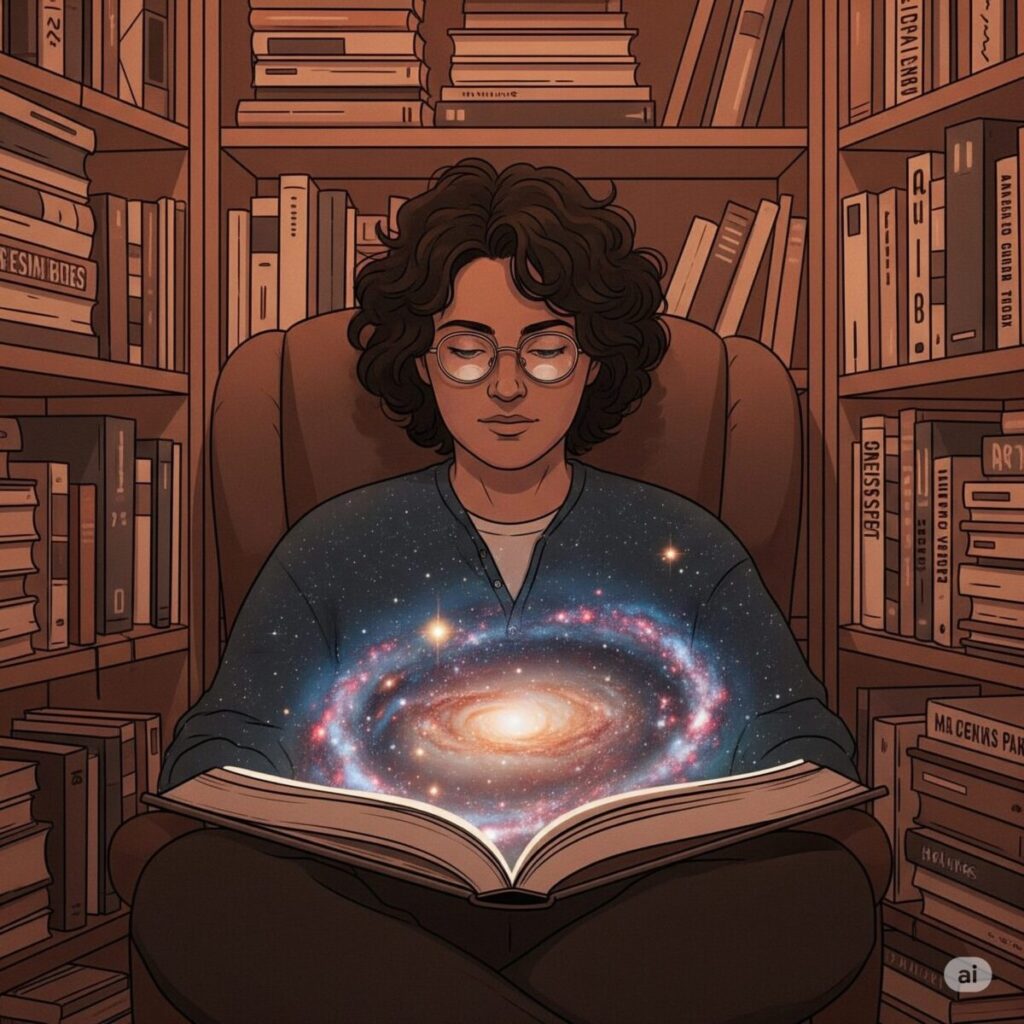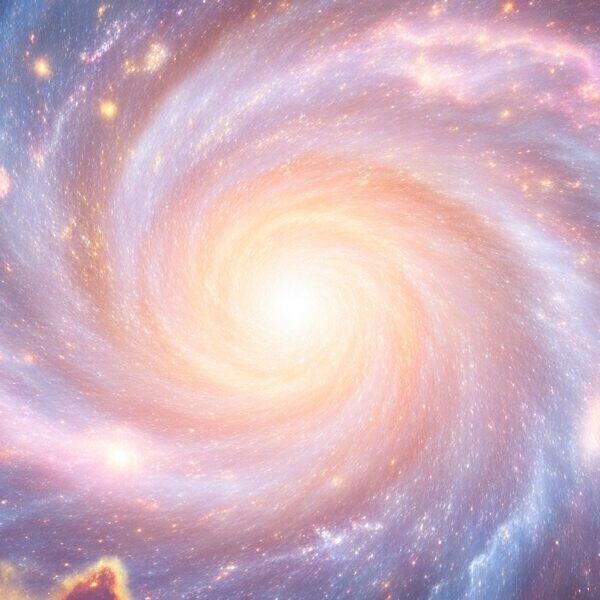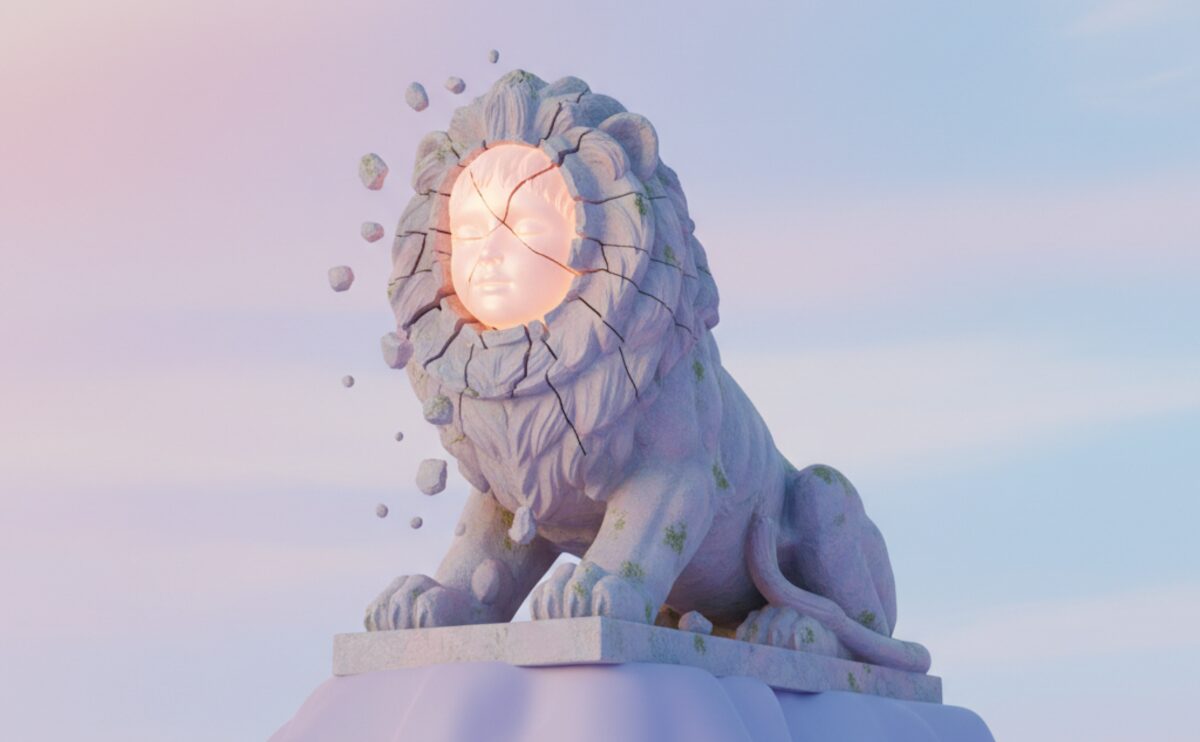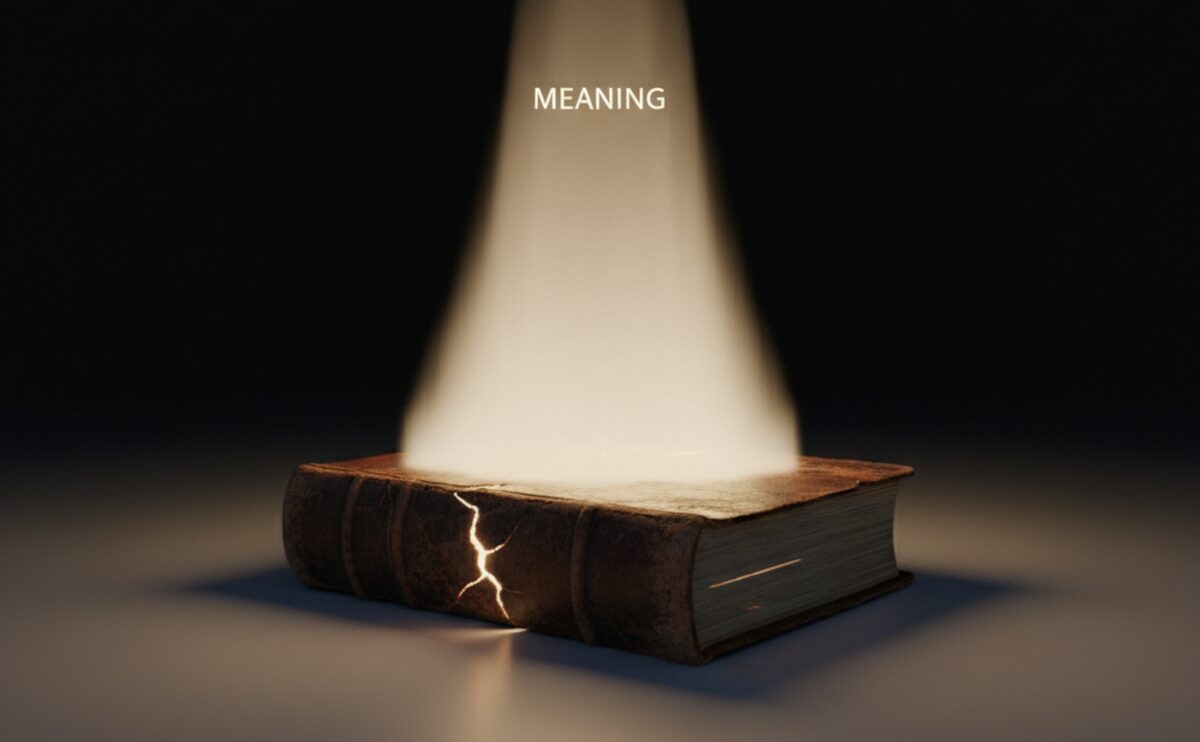No Masterpiece, No Life.
Hugo & Nebula Award Winners
A Glimpse into the Worlds We Cherish: An Introduction to SF’s Literary Giants
- A Glimpse into the Worlds We Cherish: An Introduction to SF’s Literary Giants
- Why a Masterpiece? The Irresistible Charm of Award-Winning SF
- Beyond the Page: Unpacking the Depths of Hugo and Nebula Laureates
- The Fabric of Futures: Exploring Recurring Themes in Award-Winning SF
- From Cosmic Questions to Daily Wisdom: Applying SF’s Philosophical Insights
- The Publishers and Visionaries: Key Players in SF’s Literary Landscape
- What’s Next? Trends and Innovations in the World of SF Masterpieces
- A Fond Farewell from Sophia Aria: My Reflections on Masterpieces
Oh, the sheer joy of losing oneself in a truly remarkable piece of science fiction! For those of us who truly believe in the adage, “No Masterpiece, No Life.”, there’s nothing quite like the boundless realms and brilliant ideas offered by this genre. It’s a delightful escape, isn’t it? A chance to ponder the future, dissect our present, and even, perhaps, glimpse a hidden truth about ourselves.
Today, we embark on a little journey through the hallowed halls of speculative fiction, focusing on the illustrious Hugo and Nebula Awards. These aren’t just any accolades; they represent a consensus of excellence, a testament to works that have not only captivated readers but also profoundly shaped the landscape of SF literature and film. From the sprawling epics to the intensely personal narratives, these joint winners offer a unique window into the genre’s diverse worldviews and fascinating scientific possibilities.
As a curator, I find myself drawn to the stories that echo through time, much like the seasons gently unfurl around my little corner of Abiko. These award-winning works, much like the vibrant autumn leaves or the serene winter snows, each offer a distinct beauty and a profound lesson, inviting us to reflect and discover.
Why a Masterpiece? The Irresistible Charm of Award-Winning SF
One might ask, why fixate on award winners? Are there not countless other gems? And indeed there are! Yet, when a work garners both the Hugo and Nebula Awards, it’s akin to receiving a double seal of approval from both the passionate readership and the discerning critics within the field. It signals a certain, well, je ne sais quoi.
These works, often dense and demanding, aren’t for the faint of heart, but that’s precisely their charm. They challenge us, stretch our imaginations, and sometimes, frankly, leave us utterly bewildered – but in the most delightful way! It’s in grappling with their complexities that we truly appreciate their brilliance. They are, quite simply, essential for those who truly embody the “No Masterpiece, No Life.” philosophy. These aren’t just stories; they are experiences that linger long after the final page, shaping how we view technology, humanity, and our place in the universe.

Novel
- 1966/1965 Novel: Dune by Frank Herbert [1] [2]
- 1970/1969 Novel: The Left Hand of Darkness by Ursula K. Le Guin [3] [4]
- 1971/1970 Novel: Ringworld by Larry Niven [5] [6]
- 1973/1972 Novel: The Gods Themselves by Isaac Asimov [7] [8]
- 1974/1973 Novel: Rendezvous with Rama by Arthur C. Clarke [9] [10]
- 1975/1974 Novel: The Dispossessed by Ursula K. Le Guin [11] [12]
- 1976/1975 Novel: The Forever War by Joe Haldeman [13] [14]
- 1978/1977 Novel: Gateway by Frederik Pohl [15] [16]
- 1979/1978 Novel: Dreamsnake by Vonda McIntyre [17] [18]
- 1980/1979 Novel: The Fountains of Paradise by Arthur C. Clarke [19] [20]
- 1984/1983 Novel: Startide Rising by David Brin [21] [22]
- 1985/1984 Novel: Neuromancer by William Gibson [23] [24]
- 1986/1985 Novel: Ender’s Game by Orson Scott Card [25] [26]
- 1987/1986 Novel: Speaker for the Dead by Orson Scott Card [27] [28]
- 1993/1992 Novel: Doomsday Book by Connie Willis [29] [30]
- 1999/1998 Novel: Forever Peace by Joe Haldeman [31]
- 2003/2002 Novel: American Gods by Neil Gaiman [32]
- 2005/2004 Novel: Paladin of Souls by Lois McMaster Bujold [33]
- 2008 Novel: The Yiddish Policemen’s Union by Michael Chabon [34] [35]
- 2010 Novel: The Windup Girl by Paolo Bacigalupi [36] [37]
- 2011 Novel: Blackout/All Clear by Connie Willis [38][39]
- 2012 Novel: Among Others by Jo Walton [40][41]
- 2014 Novel: Ancillary Justice by Ann Leckie [42] [43]
- 2018 Novel: The Stone Sky by N. K. Jemisin [44] [45]
- 2019 Novel: The Calculating Stars by Mary Robinette Kowal
- 2021 Novel: Network Effect by Martha Wells
Beyond the Page: Unpacking the Depths of Hugo and Nebula Laureates
What truly sets these masterpieces apart isn’t merely their ingenious plots or groundbreaking scientific concepts; it’s their profound understanding of the human condition. When one delves into the psychological depths of characters grappling with alien ethics or the existential dread of a technologically advanced future, it’s not just a story – it’s a mirror.
Many of these joint winners explore themes of what it means to be human in an ever-changing universe, forcing us to ask uncomfortable questions about our identity, our choices, and the very fabric of our reality. They offer a unique avenue for introspection, encouraging readers to confront their own biases and expand their understanding of self. The beauty lies in their ability to resonate deeply, fostering a sense of empathy and prompting genuine self-discovery.

The Fabric of Futures: Exploring Recurring Themes in Award-Winning SF
The joint Hugo and Nebula winners collectively paint a magnificent, often unsettling, tapestry of potential futures. We see recurring themes, for instance, of humanity’s first tentative steps into the cosmic unknown and the profound implications of such encounters. How would a truly alien intelligence reshape our philosophies, our religions, even our very biology?
Then there’s the ever-present question of artificial intelligence: when does code become consciousness? And what are our moral obligations to such beings? These narratives frequently challenge our notions of ‘otherness’, urging us towards a more compassionate, less immature understanding of coexistence in a society still grappling with its own internal conflicts. They serve as poignant reminders of the wisdom often found in silence, compelling us to consider deeper truths beyond superficial divides.

Dramatic Presentation, Long Form
- 1974/1975 Dramatic Presentation/Script: Sleeper by Woody Allen
- 1975/1976 Dramatic Presentation/Script: Young Frankenstein, written by Mel Brooks and Gene Wilder, directed by Brooks
- 1978/1978 Dramatic Presentation/Script: Star Wars by George Lucas
- 2000/2001 Dramatic Presentation/Script: Galaxy Quest by David Howard and Robert Gordon
- 2001/2002 Dramatic Presentation/Script: Crouching Tiger, Hidden Dragon by James Schamus, Kuo Jung Tsai and Hui-Ling Wang
- 2002/2003 Dramatic Presentation/Script: The Lord of the Rings: The Fellowship of the Ring, written and directed by Peter Jackson
- 2003/2004 Dramatic Presentation, Long Form/Script: The Lord of the Rings: The Two Towers, written and directed by Peter Jackson
- 2004/2005 Dramatic Presentation, Long Form/Script: The Lord of the Rings: The Return of the King, written and directed by Peter Jackson
- 2006/2006 Dramatic Presentation, Long Form/Script: Serenity, written and directed by Joss Whedon
- 2007/2008 Dramatic Presentation, Long Form/Script: Pan’s Labyrinth, written and directed by Guillermo del Toro
- 2009/2009 Dramatic Presentation, Long Form/Script: WALL-E, written by Andrew Stanton and Jim Reardon, directed by Stanton, story by Stanton and Pete Docter
- 2011/2010 Dramatic Presentation, Long Form/Outstanding Dramatic Presentation: Inception, written and directed by Christopher Nolan
- 2014/2013 Dramatic Presentation, Long Form/Outstanding Dramatic Presentation: Gravity, written by Alfonso Cuarón and Jonás Cuarón, directed by Alfonso Cuarón
- 2015/2014 Dramatic Presentation, Long Form/Outstanding Dramatic Presentation: Guardians of the Galaxy, written by James Gunn and Nicole Perlman, directed by James Gunn
- 2017/2016 Dramatic Presentation, Long Form/Outstanding Dramatic Presentation: Arrival, written by Eric Heisserer, directed by Denis Villeneuve, original story by Ted Chiang
- 2019/2018 Dramatic Presentation, Long Form/Outstanding Dramatic Presentation: Spider-Man: Into the Spider-Verse, written by Rodney Rothman, Phil Lord, directed by Bob Persichetti, Peter Ramsey and Rodney Rothman
- 2023/2022 Dramatic Presentation, Long Form/Outstanding Dramatic Presentation: Everything Everywhere All at Once, written and directed by Daniel Kwan and Daniel Scheinert
From Cosmic Questions to Daily Wisdom: Applying SF’s Philosophical Insights
Perhaps the most remarkable aspect of these science fiction masterpieces is their unexpected applicability to our daily lives. While the settings may be light-years away or centuries in the future, the underlying philosophical concepts are remarkably grounded. For instance, the struggles of characters navigating vast, incomprehensible systems can illuminate our own challenges in modern society.
Concepts like determinism versus free will, or the very nature of truth in a post-truth world, are explored not through dry academic prose, but through gripping narratives. These tales gently nudge us to be more mindful, to question our assumptions, and to approach our decisions with a broader perspective, echoing the quiet wisdom one might gain simply observing the world around them. After all, a truly great story, much like a philosophical insight, teaches us not what to think, but how to think.
Examples of Double Crown Winning Works
- Ann Leckie – Ancillary Justice
- About the work: The protagonist is an “ancillary,” a groundbreaking entity formed by the fusion of a starship and human consciousness. It’s a work that overturns SF conventions, prompting deep reflection on gender, colonialism, and the very nature of consciousness. Its unique perspective and profound, questioning themes captivated both fans and critics. (Published 2013)
- Recommended for: Those interested in social structures and gender issues, and anyone keen to experience a truly innovative world-view!
- List of joint winners of the Hugo Award and Nebula Award – Wikipedia
- N.K. Jemisin – The Stone Sky
- About the work: The final volume in “The Broken Earth” series, set in a world where global catastrophes recur. It’s a work with deep and weighty themes, depicting racial discrimination, oppression, and the struggle against them. Its innovative world-building and intricately woven human drama profoundly move readers. It’s highly acclaimed as a literary work that transcends the boundaries of SF. All three books in this series won the Hugo Award, and The Stone Sky also won the Nebula Award, achieving the remarkable feat of a Double Crown. (Published 2017)
- Recommended for: Those who want to immerse themselves in a profound world and human drama! Also for those who enjoy works that tackle social issues from an SF perspective.
- List of joint winners of the Hugo Award and Nebula Award – Wikipedia
- Ursula K. Le Guin – The Left Hand of Darkness
- About the work: Set on a planet where aliens change gender, this is a truly famous classic that deeply explored sociological themes within SF. It won both the Hugo and Nebula Awards in 1970, achieving the Double Crown! It’s a timeless work that should continue to be read, prompting deep thought about intercultural understanding and diversity. (Published 1969)
- Recommended for: Those interested in diversity and intercultural communication, and anyone wishing to read a classic SF cornerstone.
- Frank Herbert – Dune
- About the work: A grand epic set on the desert planet Arrakis, exploring politics, religion, ecology, and human evolution. It’s an enduring masterpiece that has etched its name into SF history, winning both the Hugo and Nebula Awards in 1966, achieving the Double Crown. (Published 1965)
- Recommended for: Those who want to lose themselves in a grand world and complex human relationships, and anyone interested in environmental issues and politics from an SF perspective.
- Christopher Priest – The Prestige
- About the work: A short story exploring the complex relationships between magicians and the ethics of scientific technology. It’s a Double Crown work, simultaneously winning the Hugo and Nebula Awards in the short fiction category. (Published 1995)
- Recommended for: Those who want to experience the depth of SF in a short story, and anyone who enjoys intricate psychological portrayals.
Other Notable Works (Brilliant, Even Without the Double Crown!)
- Liu Cixin – The Three-Body Problem
- About the work: An incredibly vast SF narrative beginning during China’s Cultural Revolution! It depicts a battle for survival between aliens and humanity, a true “universe in print” where scientific rigour merges with philosophical inquiry. It was the first work by an Asian author to win the Hugo Award for Best Novel (it did not win the Nebula Award). It became a global bestseller, forging new frontiers for SF. (Published 2008)
- Recommended for: Hard SF enthusiasts, those who enjoy large-scale narratives, and anyone interested in Chinese SF.
- Nebula Award, Hugo Award… I want to know more about the various SF literary awards! – note
- Mary Robinette Kowal – The Calculating Stars
- About the work: Set during the Cold War space race, this work presents an alternate history where female astronauts play a pivotal role. As Earth faces an existential threat from climate change, accelerating plans for space migration, the roles of women and the ethics of science are explored. It won the Hugo Award but not the Nebula Award. (Published 2018)
- Recommended for: Alternate history fans, and those drawn to stories featuring strong female protagonists.
- Martha Wells – Network Effect
- About the work: This is the full-length novel in the hugely popular “Murderbot Diaries” series, which humorously and somewhat ironically portrays the relationship between humans and AI. The protagonist, Murderbot, grows as it encounters the absurdities and emotions of human society, resonating with many readers. It won the Hugo Award but was only nominated for the Nebula Award. (Published 2020)
- Recommended for: Those who want to ponder the relationship between AI and robots, and anyone who enjoys humorous SF.
- Roger Zelazny – Lord of Light
- About the work: Set on a far-future planet, this work depicts a battle between gods and humans, inspired by Indian mythology. With its unique world-view blending SF and fantasy, it won the Hugo Award in 1968 (it was only nominated for the Nebula Award). (Published 1967)
- Recommended for: Those who enjoy SF with mythological, religious, or fantasy elements, and anyone keen to experience a distinctive world-view.
- Larry Niven & Jerry Pournelle – The Mote in God’s Eye
- About the work: This work depicts humanity’s first encounter with an alien civilisation. The aliens’ ecology, culture, and the conflicts that arise between them and humanity are meticulously portrayed, making it known as a masterpiece of hard SF. It was nominated for the Nebula Award in 1975 and the Hugo Award in 1976. (Published 1974)
- Recommended for: Those interested in first contact narratives with aliens, and anyone who enjoys SF with rigorous scientific grounding.
- Rebecca Roanhorse – Trail of Lightning
- About the work: A post-apocalyptic SF novel based on Native American mythology. It depicts the protagonist’s struggle in a dystopian world where gods and monsters roam. It was nominated for the Hugo Award and won the Nebula Award. (Published 2018, Japanese translation forthcoming)
- Recommended for: Those who enjoy SF with strong mythological or fantasy elements, and anyone looking for a fresh perspective in SF.
These works, you see, teach us that SF isn’t just fanciful tales; it holds the power to reflect current societal issues and offer hints for the future. Do pick up one of these works and immerse yourself in their profound worlds! I’m sure your imagination will be stimulated, and you’ll make new discoveries.
The Publishers and Visionaries: Key Players in SF’s Literary Landscape
While “No Masterpiece, No Life.” is a personal credo rather than a product, the masterpieces themselves don’t simply materialise out of thin air. They are brought to us by a dedicated ecosystem of publishers and visionaries who believe in the power of speculative fiction. Think of the venerable publishing houses that take a chance on groundbreaking, often challenging, manuscripts.
And let us not forget the very institutions that celebrate these works: the World Science Fiction Society, which bestows the Hugo Awards, and the Science Fiction and Fantasy Writers of America, responsible for the Nebulas. These organisations, driven by a passion for the genre, not only recognise excellence but also foster a vibrant community where such enduring art can flourish. Their dedication ensures that these literary treasures continue to reach readers, inspiring new generations to embrace the “No Masterpiece, No Life.” ethos.
What’s Next? Trends and Innovations in the World of SF Masterpieces
While we celebrate the historical titans, the world of science fiction is, by its very nature, always looking forward. The legacy of these Hugo and Nebula winners profoundly influences contemporary SF. We see current trends in AI, climate fiction, and diverse representation directly engaging with the groundwork laid by these classics.
The genre continues to evolve, often exploring the ethical dilemmas posed by rapidly advancing technology. Writers today are still wrestling with questions of consciousness, interstellar travel, and societal restructuring, albeit with fresh perspectives shaped by our current global challenges. It’s a dynamic conversation between the past, present, and future, ensuring that the “No Masterpiece, No Life.” philosophy continues to find new expressions.
A Fond Farewell from Sophia Aria: My Reflections on Masterpieces
Well, my dear readers, we’ve journeyed through some truly remarkable literary landscapes today, haven’t we? From the depths of character psychology to the sweeping philosophical questions, the joint Hugo and Nebula Award winners truly embody the spirit of “No Masterpiece, No Life.”. They are, quite simply, vital.
These works, in my very humble (though occasionally rather firm!) opinion, offer more than just entertainment. They provide a lens through which to understand our world, encourage deep introspection, and perhaps, just perhaps, offer a sliver of hope in a world that often feels quite… muddled. So, do pick one up, settle in with a cup of tea, and let these incredible minds transport you. You won’t regret it.






Leave a Reply